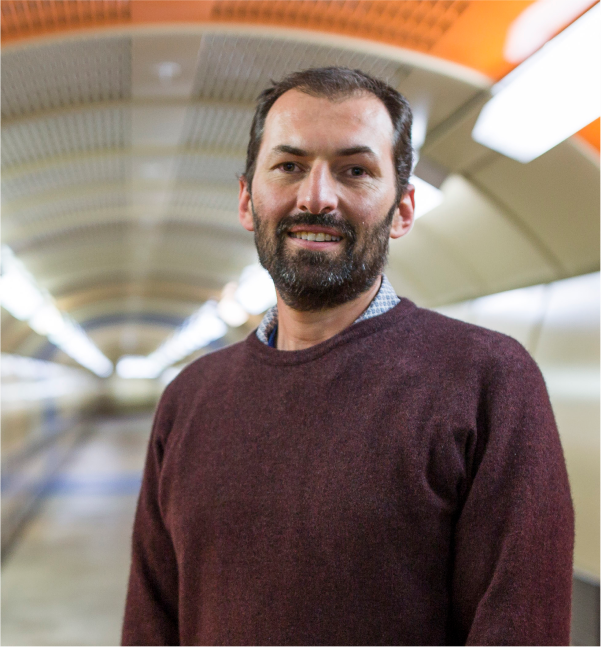Project Aim
Gene editing is a frontier technology that enables the permanent correction of various inherited conditions. The infancy of this technology is not without its limitations, and concerns remain regarding their effectiveness, feasibility, and side-effects. Our aim was to use our novel variant of this technology, which was improved for effectiveness and biosafety, to evaluate its feasibility in correcting various pathogenic conditions as a clinic-ready solution.
Project Results and Impact
With support from Retina Australia we conducted a large-scale study to identify specific patterns in “prime editing” construct design. Specifically, we investigated the generalisable characteristics of non-engineered prime editing design for efficient proof-in-principle gene correction of disease causing variants in 21 genes implicated in inherited retinal diseases, and associated syndromes (such as Usher, and Bardet Biedl syndrome).
We used an “oligopool” approach comprising approximately 12,000 uniquely-barcoded RNA constructs to targeting a synthetically integrated, mutation-specific sequence, which faithfully recapitulates the disease context. To dissect cell-specific variation we characterised the efficiency of genetic correction across eye cells (photoreceptor and RPE-derived cells).
We found that non-engineered extensions should mediate substitution-type edits as compared to indel-type corrections, and that importantly, the desired edit should be placed close to the target site.
This work has helped establish a set of recommendations for the generalisable design of the prime editors for the correction of inherited retinal disease-causing variants. This will facilitate the ongoing clinical translation of gene editing technologies for the potential correction of inherited retinal disease caused by small genetic changes.
Webinar
This project was featured in one of Retina Australia’s 2022 webinars. You can view a recording of this event here.

Chief investigator:
Professor Alex Hewitt
Menzies Institute for Medical Research, Tasmania
Co-investigator/s:
Peter Tran, Menzies Institute for Medical Research, Tasmania
Grant awarded:
$38,000 (2021)
Research Impact Reports
Advancing Usher syndrome type 1B gene therapy with split intein
Project Aim Usher syndrome is the leading cause of combined hearing and vision loss worldwide....
Therapies for currently untreatable autosomal recessive IRDs
Project Aim This project aims to develop gene replacement therapies for autosomal recessive (AR) inherited...
Establishing novel AAV gene editing for Usher Syndrome
Project Aim The aim of this project was to establish proof-of-concept for a new type...
Using RNA-silencing to tackle neuroinflammation in retinal degeneration
Project Aim The aim of this project was to develop...




